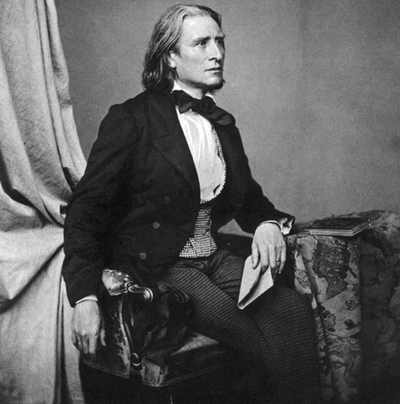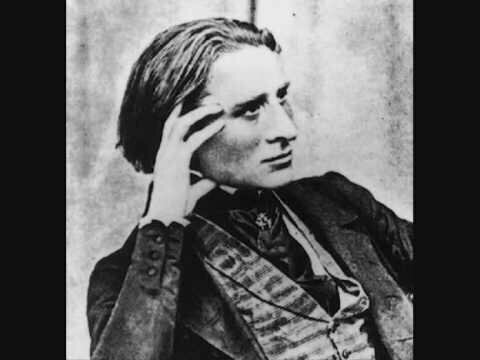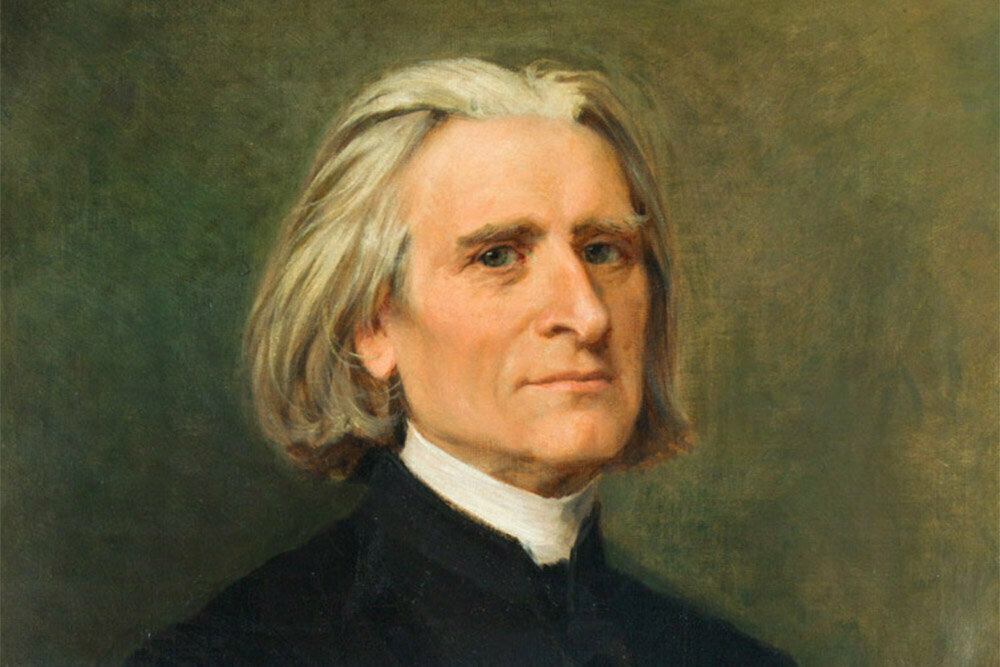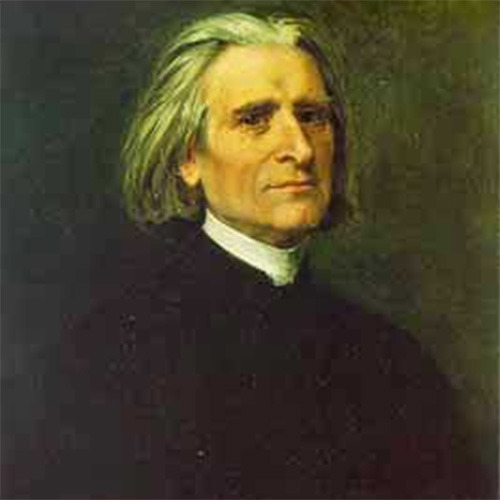Liszt’s B-minor piano sonata is regarded by many as his ultimate masterpiece and it ranks alongside other “greats” in the pantheon of piano repertoire. This was not always the case, however, and in the nineteenth century it was met with
Liszt
Franz Liszt’s flamboyant personality and colorful pianistic mannerisms frequently detract from the fact that he was a highly gifted composer. What’s more, he was instrumental in establishing the intellectual foundations for a musical form that derives its movement and its
A number of historical documents preserve an amusing little anecdote about Franz Liszt’s visit to the Ottoman Empire in 1847. It basically reads as follows: “After a 54-hour long trip from Galatz, Liszt had at last reached Constantinople. Here, he
Towards the end of his long performance career, Franz Liszt finally managed to visit the Ottoman Empire in 1847. Liszt had wanted to visit Istanbul as early as 1838, and wrote to a friend, “… [I have a] desire and
In the world of classical music, Franz Liszt (1811-1886) was the perfect storm! Handsome and fiery, Liszt quickly realized that a musical performance was much more than merely pressing down the correct keys in the correct order. That meant paying
Marked by its technical bravura, Widmung (or Dedication in English) has remained one of the most popular encore pieces in piano recital, allowing pianists to display their virtuosity. However, Widmung is much more than a mere showpiece – containing probably
Picturesquely located on the banks of the Danube River, the ecclesiastic basilica at Esztergom is Hungary’s largest church. Stephen I of Hungary erected the foundation of the present building between 1001 and 1010. Various fires and destructions by foreign powers
Arnold Simon of Hamburg published a composition by Franz Liszt in 1881 with the title Romance oubliée. Interestingly, this little gem was published in four versions simultaneously, for piano solo, for violin and piano, for viola and piano, and for








